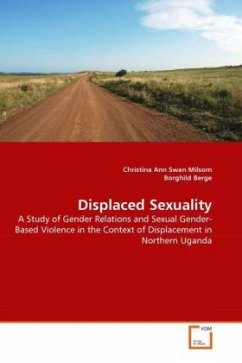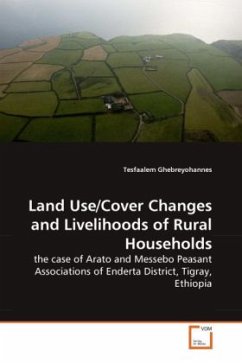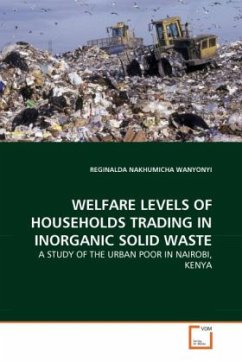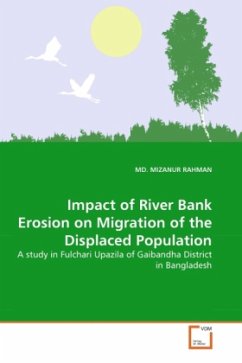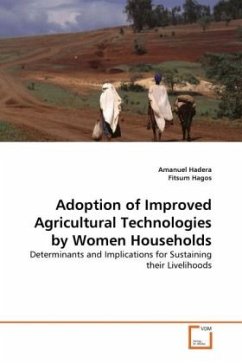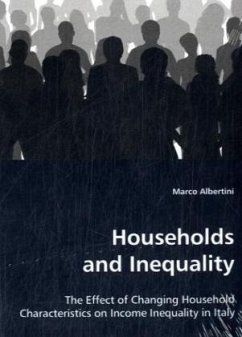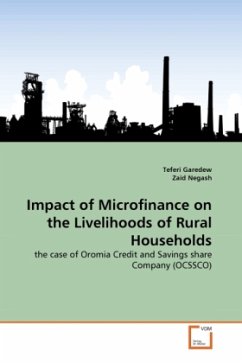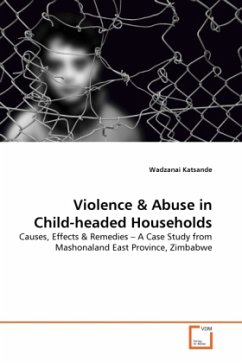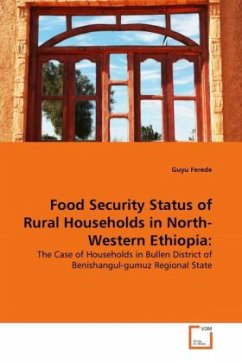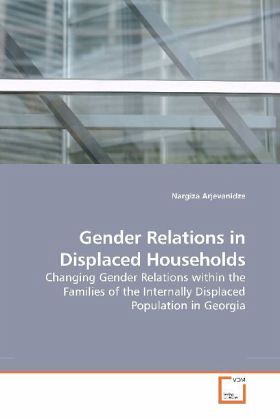
Gender Relations in Displaced Households
Changing Gender Relations within the Families of the Internally Displaced Population in Georgia
Versandkostenfrei!
Versandfertig in 6-10 Tagen
32,99 €
inkl. MwSt.

PAYBACK Punkte
16 °P sammeln!
The study explores the impact of forced migration, specifically the shift in gender relations in IDP households from Abkhazia currently residing in Tbilisi, Georgia. The main research question I ask is to what extent has the displacement affected gender relations in migrants households and in which ways has the self-identification of women, as well as men changed since the time of their involuntary movement. The study is situated within the context of scholarship which focuses on gendered implications of forced migration for displaced households in exile, deals with the renegotiation of gender...
The study explores the impact of forced migration, specifically the shift in gender relations in IDP households from Abkhazia currently residing in Tbilisi, Georgia. The main research question I ask is to what extent has the displacement affected gender relations in migrants households and in which ways has the self-identification of women, as well as men changed since the time of their involuntary movement. The study is situated within the context of scholarship which focuses on gendered implications of forced migration for displaced households in exile, deals with the renegotiation of gender roles in refugee households, and does not discuss migrant women in isolation from men but rather with the experiences of both on an equal basis and in relation to each other. It is one of the major findings of my analysis that the engendered response of displaced men and women to forced migration can be related to the fact that women and men were deprived of different things and identifications as a result of the armed conflict.



